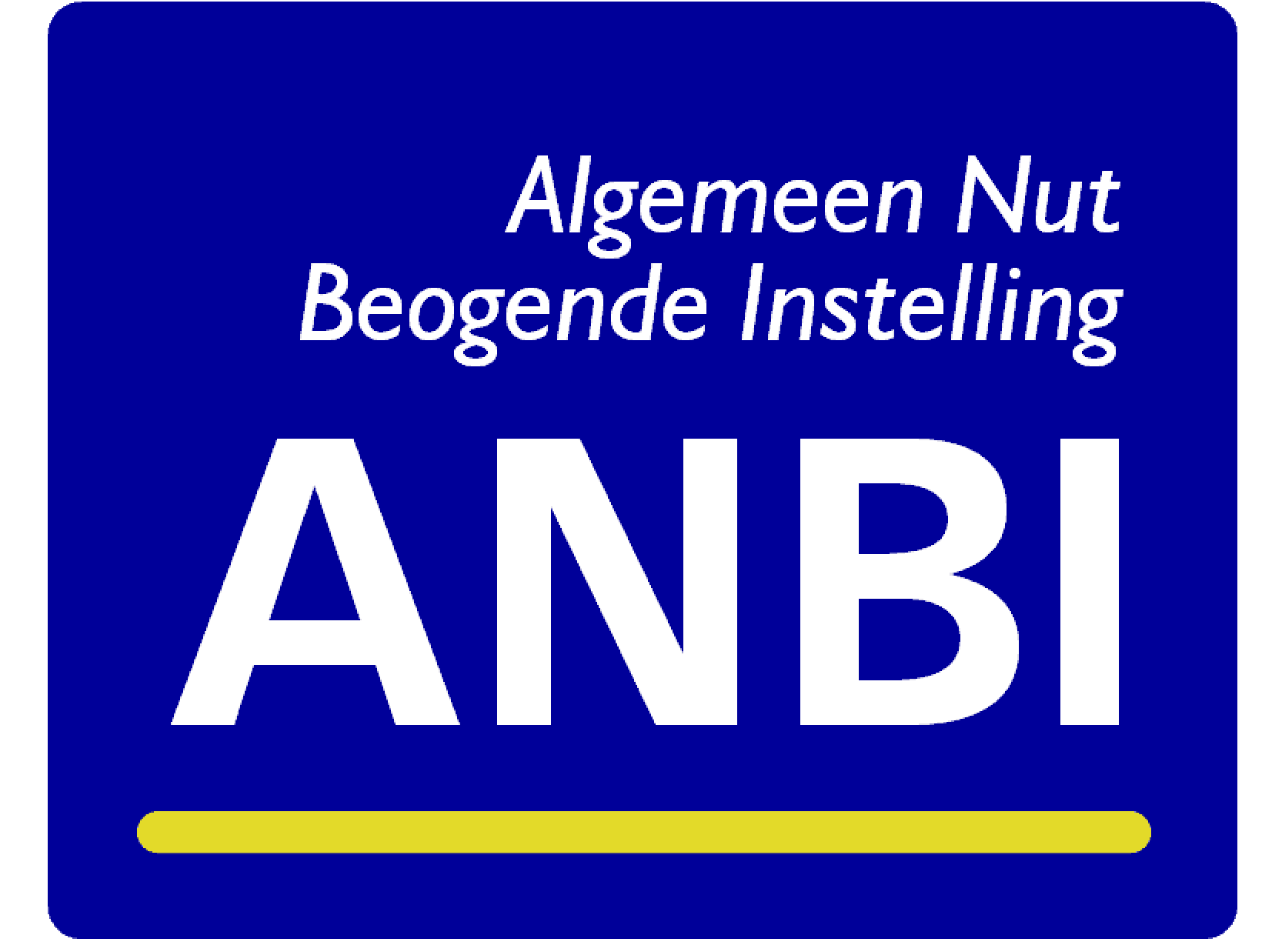

Dealing with root causes of human trafficking
In Java, Flores and West Timor, Indonesia, men and women often seek employment abroad. This demographic is vulnerable to human trafficking, often experiencing exploitation. Women are coerced into predatory sectors such as the sex industry, or compelled to work in private homes, further exacerbating their situation.
Lobbying and advocacy campaigns to educate receiving countries to foster respect and dignity of workers is key to our approach. Simultaneously, our partners focus on informing and educating communities about human trafficking and proactive mitigation measures.
Gender and generational inequality are fundamental factors contributing to unsafe migration, evident in the ease with which decisions are made, bypassing proper procedures, to send women and young men abroad for work.
Our strategy
Survivor care: We offer refuge and rehabilitation to survivors of human trafficking and (sexual) gender-based violence, through self-help groups, comprehensive support, and the creation of exclusive safe spaces for the especially vulnerable.
Education: We provide necessary information for the safety of those wanting to leave the country, and facilitating dialogues to address issues of gender and generational inequality.
Lobbying: Together with our network, we are lobbying for the government to enforce measures to mitigate the risks of unsafe migration and human trafficking
What do we do to address the problem
We as Mensen met een Missie mobilise religious, cultural, and social leaders to join forces and speak up in fostering safe migration and promoting gender and generational equality, with a focus on Indonesia. Together with local partners, we form an extensive network of complementary skills to form the Zero Human Trafficking Network and work to create an environment of safe migration and gender equality in these Indonesian communities.
At the grassroots level, we organize dialogues within local communities that delve into gender equality, promotion of a culture of non-violence, and the risks associated with unsafe migration and human trafficking. We create awareness among those wanting to leave the country and provide enough information for them to stay safe.
For survivors of both gender-based violence and human trafficking, our network of local sister congregations and civil society organizations offer first-line support, backed by gender-transformative approaches, ensuring empowerment and healing for individuals and communities. Along with partners, we promote the formation of self-help groups among former migrant workers and their families, providing support in legal, social, and economic aspects. Girls that have endured sexual violence and are therefore more vulnerable, are given girls-only spaces for healing and dialogue.
Finally, we advocate for women and youth leadership to actively contribute to movement building and lasting change.




